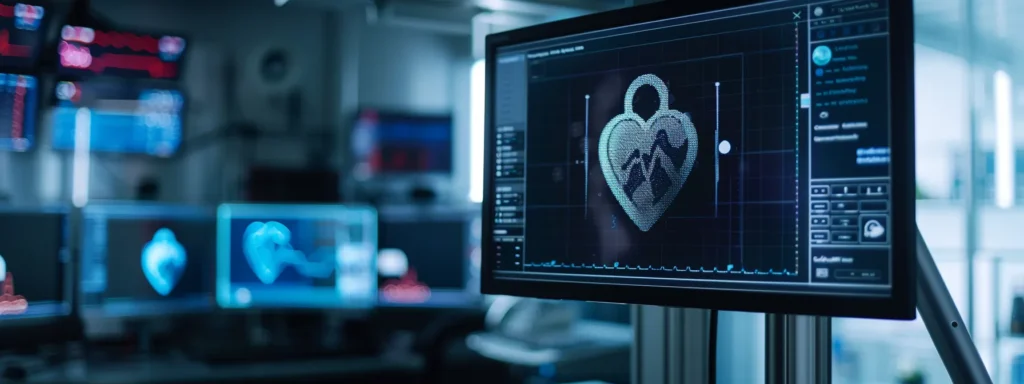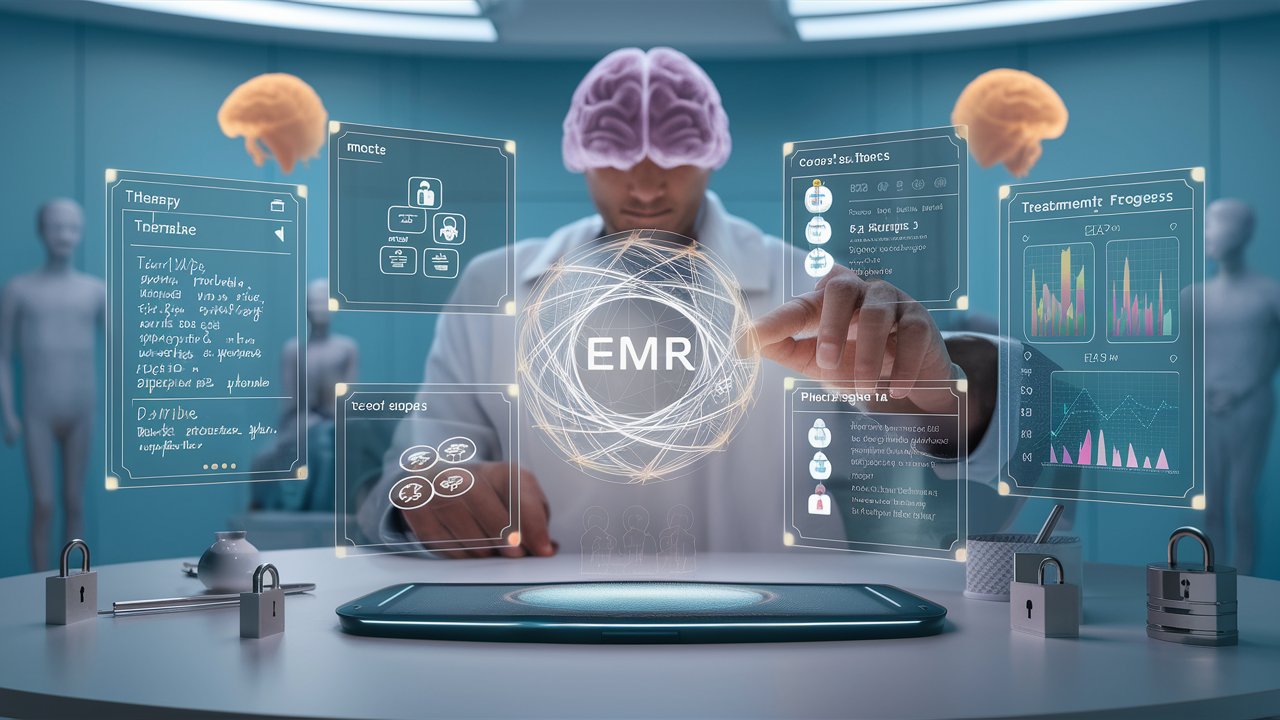Electronic medical records (EMR) have revolutionized how health care is delivered and managed—particularly in the mental health field. As more mental health professionals adopt EMR systems, it's critical to understand how these sophisticated tools affect the quality of care patients receive. Beyond streamlining administrative procedures, EMR systems offer tangible benefits for patient engagement, treatment outcomes, and the protection of sensitive health data. So, how exactly do these digital solutions contribute to the complex tapestry of mental health services? Keep reading for a comprehensive exploration of the role and impact of EMR in mental health care.
Understanding EMR Solutions in Mental Health Care

EMR solutions in mental health care represent a significant step from traditional paper-based record-keeping systems. They facilitate the storage, retrieval, and modification of patient records with unprecedented ease, allowing providers to focus more on patient care and less on administrative tasks. This improvement in efficiency can lead to reduced wait times for patients and quicker access to their health information.
With an EMR system, mental health professionals can document sessions, manage treatment plans, and monitor progress in a centralized location. The quick access to a patient's history helps inform clinical decisions, reducing the risk of errors associated with manual record handling. Furthermore, EMRs can prompt follow-ups and screenings, ensuring no aspect of a patient's care is overlooked.
Using a specialized mental health EMR can bring a deeper level of customization to the practice. Unlike general medical EMR systems, those tailored for mental health include templates and tools specific to psychiatric assessment, treatment, and management. This customization demonstrates the EMR's potential to cater to mental health care's unique nuances effectively.
Moreover, most EMR systems now offer capabilities that extend beyond document storage. They frequently include billing, scheduling, and patient communication features, creating an integrated platform that benefits the provider and the client. Through comprehensive service provision, mental health professionals can offer a higher standard of care.
Enhancing Patient-Provider Communication with EMR Systems

EMR systems offer a valuable platform for strengthening communication between patients and their mental health providers. Secure messaging features, often found within these systems, allow for easy transmission of information without compromising confidentiality. This instantaneous communication encourages more consistent follow-up and engagement with therapeutic processes.
Additionally, many EMR systems enable patients to view their records, track their progress, and access educational materials related to their treatment. This transparency can empower patients, making them active participants in their mental health journey. By fostering a collaborative relationship, EMRs help create a trusted partnership between patients and practitioners.
For providers, the ability to quickly update patient records means more accurate and up-to-date information is available at every point of care. This can be particularly beneficial in emergencies or when coordinating care with other health professionals. Timely communication via EMRs can be critical to ensuring the safety and well-being of those receiving mental health services.
The versatility of EMRs also aids in remote monitoring and teletherapy sessions, essential components of contemporary mental health care. As telehealth continues to rise in popularity, having a robust EMR system to support these services will be indispensable for maintaining high-quality care remotely.
Data Security and Patient Privacy in Mental Health EMRs

The sensitive nature of mental health information necessitates robust data security measures, and EMR systems excel in this regard. Advanced encryption technologies protect patient data from unauthorized access, ensuring confidentiality during storage and transmission. By safeguarding against potential breaches, these systems provide peace of mind to both providers and patients. Additionally, compliance with regulations like HIPAA reinforces trust in EMR systems, as these standards establish a framework for protecting sensitive health information.
Regular updates and maintenance are crucial for ensuring the security of EMR systems. Vendors proactively issue patches and implement new features to address vulnerabilities, demonstrating a commitment to staying ahead of emerging threats. Mental health practices must adopt these updates to keep their systems resilient and reliable, ensuring they meet the high patient data protection standards.
Patients also benefit from EMRs' privacy features, such as consent procedures and control over who can access their information. This autonomy is particularly vital in mental health, where stigma can deter individuals from seeking care. By prioritizing privacy and respect, EMR systems help reduce these barriers, fostering a more supportive and trustworthy patient environment.
Altogether, EMR solutions have transformed mental health care by enhancing efficiency, fostering patient engagement, and ensuring the security of sensitive health information. These systems empower providers and patients, paving the way for more personalized, effective, and accessible mental health services.
Keep an eye for more latest news & updates on Bangkok Tribune!



